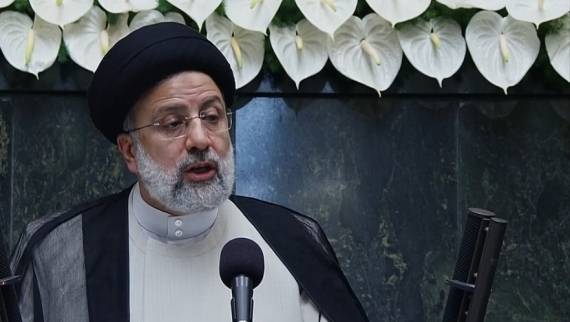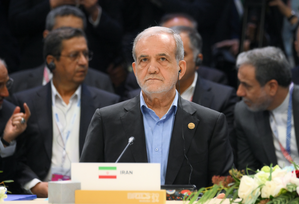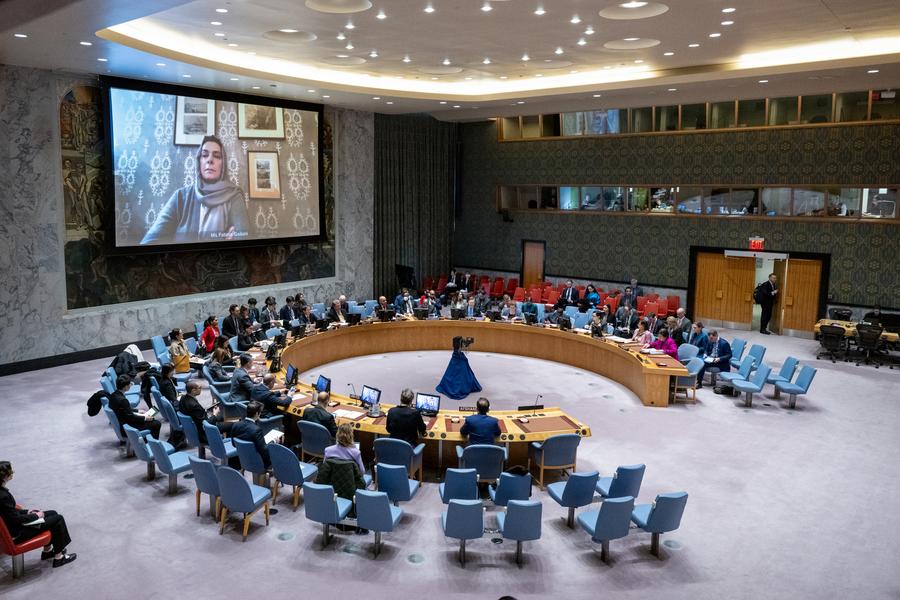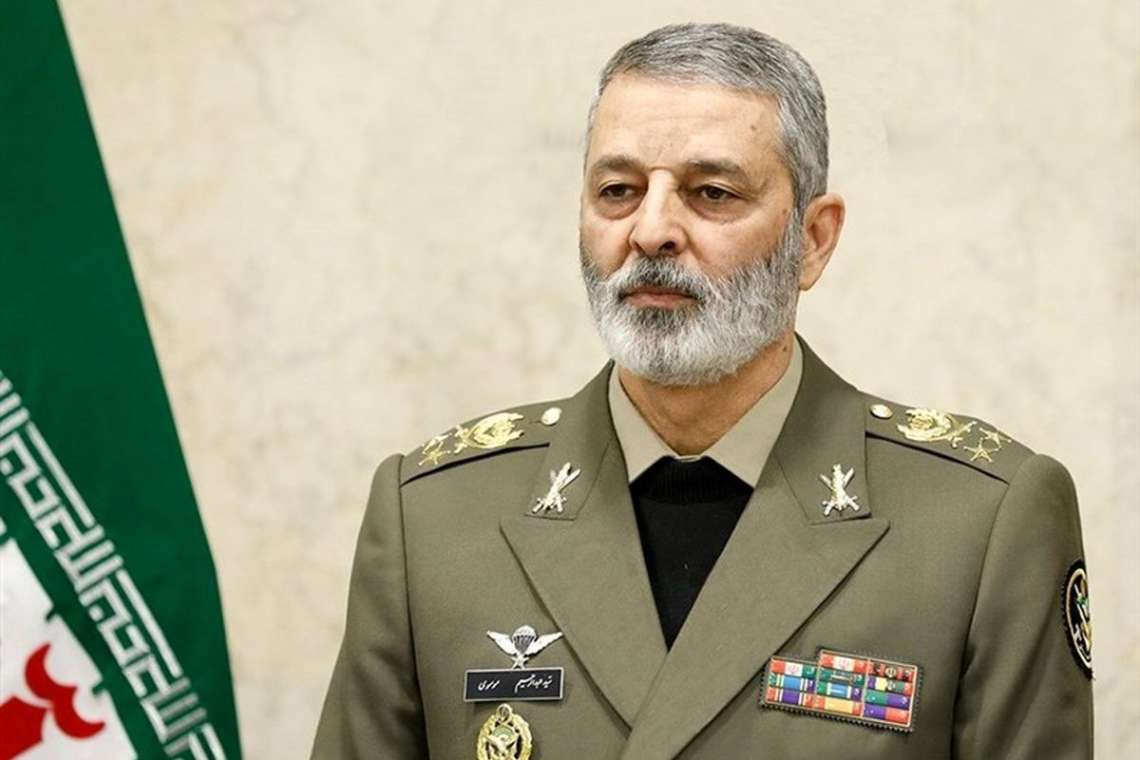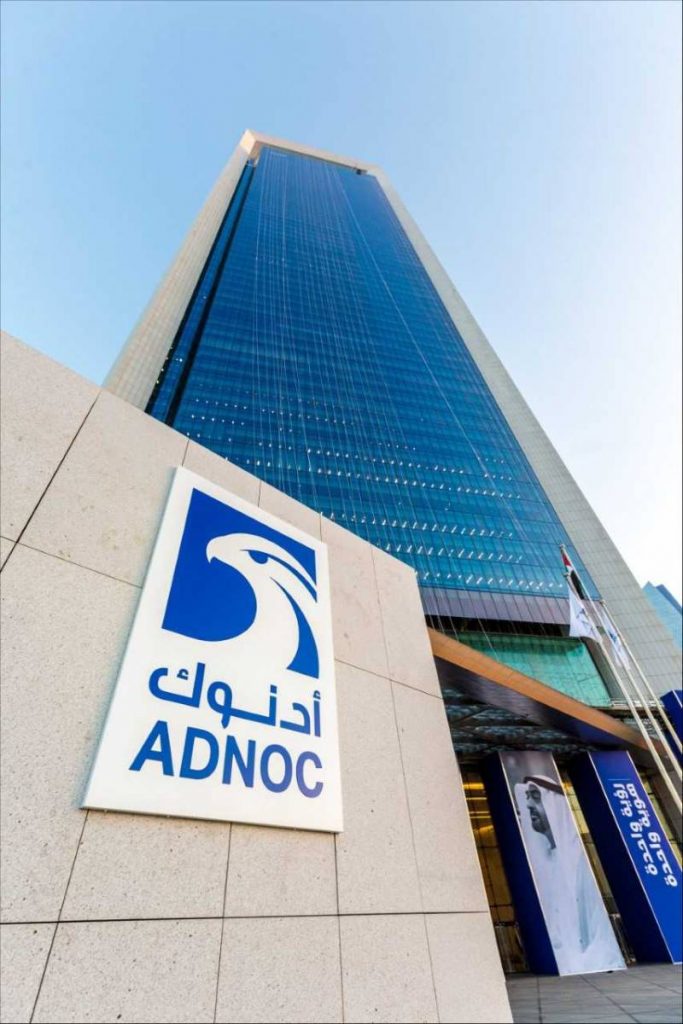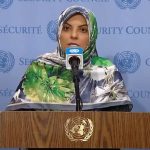The Foreign Minister of Pakistan will visit Iran on Thursday and one of the aims of his visit is to exchange views pertaining to the issues of Afghanistan…reports Asian Lite News
The Foreign Affairs Ministry of Iran on Monday called for the formation of a comprehensive government in Afghanistan.
“The composition of the (next Afghan) government should represent the population of Afghanistan,” ministry spokesman Saeed Khatibzadeh was quoted as saying by the Xinhua news agency.
Iran has been closely following the latest developments in Afghanistan.
Iran has encouraged the parties to reduce their differences in Afghanistan, Khatibzadeh said, adding that Tehran calls on all conflictual sides to pursue dialogue and restraint.
The Foreign Minister of Pakistan will visit Iran on Thursday and one of the aims of his visit is to exchange views pertaining to the issues of Afghanistan, Khatibzadeh said.
Iran ready for reasonable n-negotiations
Iran is willing to engage in “reasonable” negotiations that serve the people’s interests, said Foreign Minister-designate Hossein Amir-Abdollahian.
“We will never run away from a reasonable negotiation table where there is authority and wisdom, but we will not tie the Ministry of Foreign Affairs to the 2015 nuclear agreement,” Amir-Abdollahian said while addressing Parliament on Sunday.
His speech was speech aimed at gaining the parliament’s confidence in a vote in the next few days, official news agency IRNA reported.
Born in 1964, Amir-Abdollahian is a veteran diplomat who served as the Deputy Foreign Minister for Arab and African Affairs.
He also headed Iran’s negotiation delegation at an Iran-Iraq-US trilateral meeting in Baghdad in 2007.
He was picked by President Ebrahim Raisi as the country’s top diplomat to replace Mohammad Javad Zarif.
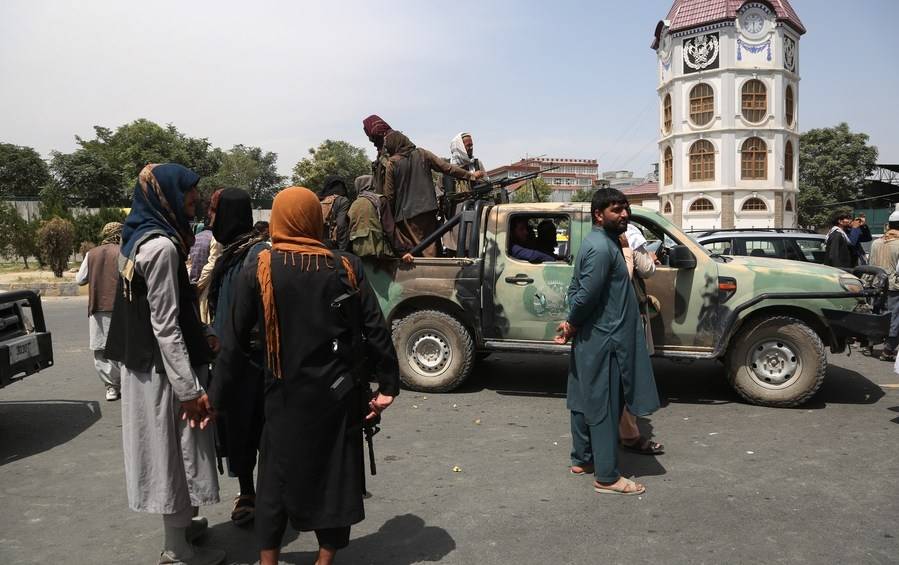
The president’s nomination still awaits the approval of Parliament.
Amir-Abdollahian promised that, if his nomination was approved, he would do his best to neutralise the effects of the US unilateral sanctions and have them lifted eventually.
He also noted that he would not waste time in “erosive negotiations” or negotiations that fail to serve the Iranian people’s interests.
After six rounds of indirect negotiations which started in Vienna on April 6, Washington and Tehran still have serious differences over how to revive the landmark nuclear deal, formally known as the Joint Comprehensive Plan of Action (JCPOA).
The US government withdrew from the JCPOA in May 2018 and unilaterally re-imposed sanctions on Iran.
In response, Iran gradually suspended parts of its JCPOA commitments from May 2019.

